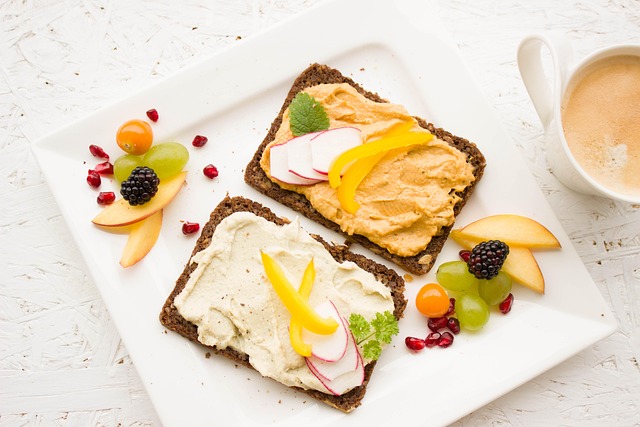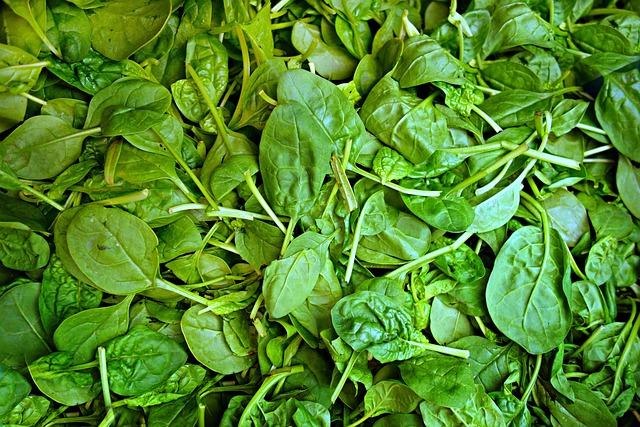In Eugene, Oregon, understanding and addressing the unique nutritional needs of seniors is crucial due to age-related changes, health conditions, financial constraints, and mobility issues. Local initiatives focus on education, meal delivery services, and community support networks tailored to their distinct dietary requirements. By empowering seniors with knowledge about meal planning, cooking techniques, and food label interpretation, these programs promote healthy aging, enhance well-being, and improve quality of life in this vibrant city. Key strategies include personalized consultations, culturally relevant approaches, leveraging technology, partnering with local businesses, and addressing age-related metabolic changes and nutrient absorption. Organizations like the Lane County Senior Center play a vital role by offering tailored cooking classes and nutrition workshops, while local farmers' markets, community gardens, food banks, and meal delivery services provide accessible, affordable, and nutritious food options.
In the vibrant city of Eugene, Oregon, understanding the unique nutritional needs of its aging population is essential. This article explores the critical role of nutrition education in enhancing the lives of seniors. We delve into the specific challenges older adults face, from dietary changes to access issues, and provide practical strategies for healthcare providers and community organizations to combat these problems. Discover a comprehensive guide to resources available in Eugene, empowering seniors to make informed nutritional choices.
- Understanding Senior Nutrition Needs in Eugene, Oregon
- The Importance of Nutrition Education for Seniors
- Common Nutritional Challenges Faced by Older Adults
- Strategies for Effective Senior Nutrition Programs
- Resources and Support for Seniors in Eugene: A Comprehensive Guide
Understanding Senior Nutrition Needs in Eugene, Oregon

In Eugene, Oregon, understanding the unique nutrition needs of seniors is paramount. As individuals age, their bodies undergo physiological changes that impact metabolism, appetite, and nutrient requirements. For instance, older adults often experience a reduction in muscle mass, leading to lower energy expenditure and altered dietary needs. Additionally, age-related conditions like arthritis or chronic diseases may affect food intake and the ability to prepare meals. The social aspect of eating also becomes more significant, as loneliness and isolation can influence nutritional status.
Senior citizens in Eugene face specific challenges related to accessing nutritious food options and maintaining a balanced diet. Financial constraints, mobility issues, and limited access to healthcare services can hinder their ability to make informed nutrition choices. Local initiatives focusing on senior nutrition Eugene Oregon play a crucial role in addressing these concerns by offering educational programs, meal delivery services, and community support networks tailored to meet the distinct nutritional requirements of this demographic.
The Importance of Nutrition Education for Seniors

Nutrition education is a vital aspect of healthy aging, especially for seniors living in Eugene, Oregon. As people age, their nutritional needs change, and it’s essential to address specific health concerns that become more prevalent with time. Many older adults may face challenges in accessing accurate information about healthy eating, cooking, and understanding food labels. Education can empower them to make informed decisions about their diet, ensuring they receive the necessary nutrients for overall well-being.
In Eugene Oregon, where a significant portion of the population is over 65 years old, providing tailored nutrition education can significantly impact senior citizens’ health outcomes. This includes teaching simple meal planning techniques, introducing accessible cooking methods, and explaining how to read and interpret food packaging. Such initiatives enable seniors to maintain an active lifestyle and reduce the risk of diet-related health issues, ultimately enhancing their quality of life.
Common Nutritional Challenges Faced by Older Adults

Strategies for Effective Senior Nutrition Programs

In designing effective senior nutrition programs in Eugene, Oregon, community health professionals should focus on tailored education that addresses specific dietary needs and challenges associated with aging. Personalized approaches, such as one-on-one consultations or small group workshops, enable nutritionists to provide guidance on age-related changes in metabolism, nutrient absorption, and common age-related conditions like arthritis or dental issues that may impact food choices. Incorporating cultural relevance is also key; recognizing and accommodating ethnic preferences ensures higher engagement and adherence to nutritional recommendations.
Leveraging technology can significantly enhance senior nutrition initiatives. Online platforms, mobile apps, and social media channels offer opportunities for remote education, recipe sharing, and community building around healthy eating. These tools are particularly beneficial in reaching individuals with limited mobility or those who prefer virtual interactions. Moreover, partnering with local grocery stores and restaurants to promote senior-friendly meals and discounts can make nutritious choices more accessible and appealing.
Resources and Support for Seniors in Eugene: A Comprehensive Guide

In Eugene, Oregon, seniors have access to a wealth of resources and support for maintaining healthy nutritional habits. Local organizations like the Lane County Senior Center offer cooking classes tailored specifically for older adults, providing them with practical knowledge about meal preparation and balanced eating. These centers also host nutrition workshops conducted by registered dietitians who offer guidance on common dietary concerns among seniors, such as managing chronic conditions through food.
Additionally, local farmers’ markets and community gardens play a significant role in promoting healthy eating. The Eugene Farmers Market offers affordable fresh produce and often hosts educational booths that highlight the importance of nutrient-rich foods. Community gardens provide opportunities for seniors to engage in physical activity while growing their own fruits and vegetables, enhancing their nutritional well-being. Local food banks and meal delivery services also ensure that those with limited mobility or financial resources have access to nutritious meals.






